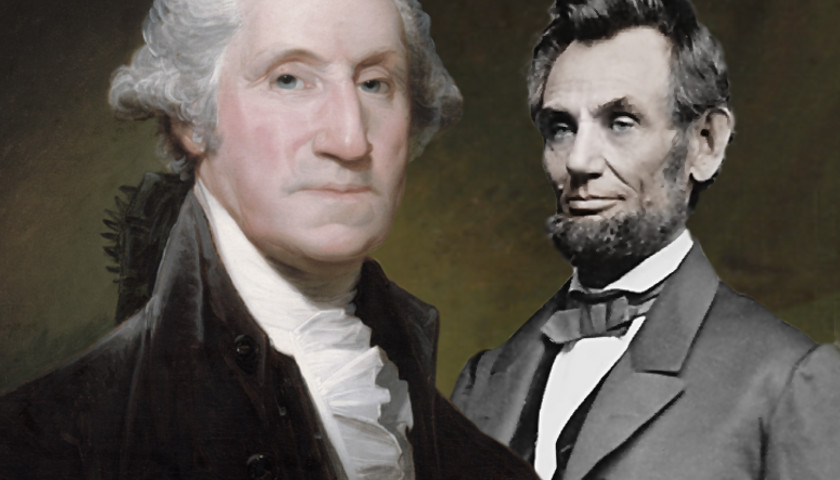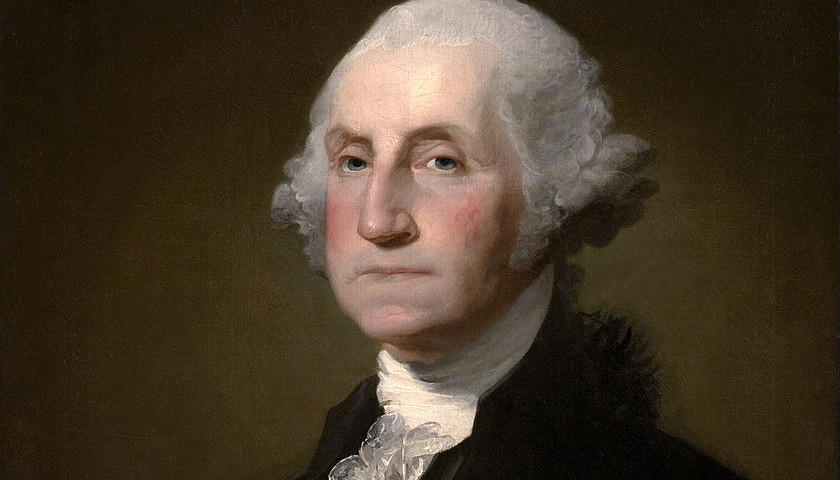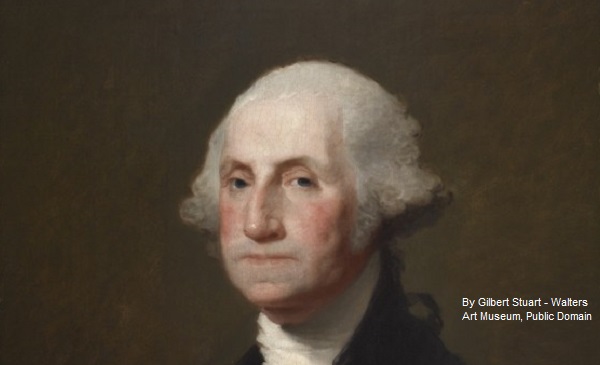“This is Washington’s Birthday,” sings Fred Astaire in the movie classic Holiday Inn, “And I can’t tell a lie.” Americans of a certain age no doubt can remember when the day we now know as Presidents Day was called Washington’s Birthday, invariably celebrated on February 22. George Washington was officially born on February 11, 1731 according to the old Julian calendar; February 22, 1732 according to the Gregorian calendar now in use. In the early days of our nation Washington was universally revered for his role in the Revolution and the founding of the Republic; unofficial celebrations to mark his birthday were held throughout the nineteenth century.
Read the full storyTag: President’s Day
Commentary: On Presidents Day, Remembering Why We Have a Strong Commander in Chief
On Presidents Day, we celebrate the life and accomplishments of our first president, George Washington, the father of our country, and Abraham Lincoln, our 16th president and one of our most renowned statesmen.
On that day, Feb. 17 this year, we should remember that the Framers of the Constitution wanted to ensure that an American president – such as Washington and Lincoln – would have the power to defend the country when the safety, security, and independence of its people are threatened.
Read the full storyJC Bowman Commentary: Hail to the Chiefs
The third Monday of February is recognized as Presidents’ Day in the United States. Established in 1885, the day was originally intended to celebrate the birthday of the first president of our country, George Washington. Today we use it to commemorate all 45 Presidents of the United States. However, no American president has ever enjoyed unanimous support from our citizens. So, the holiday is celebrated, but not universally beloved by all people. George Washington warned his countrymen of “the baneful effects of the spirit of party” in his Farewell Address as President of the United States. That advice fell on deaf ears, and as much as Washington was held in high esteem, it was neglected. It is worth noting that political parties in the United States stem partly from a political feud between Alexander Hamilton and Thomas Jefferson. The Federalists, led by Secretary of Treasury Hamilton, wanted a strong central government, while the Anti-Federalists, led by Secretary of State Jefferson, advocated for states’ rights instead of centralized power. The growth of political parties was an American response to political conflict. That explains a lot about where we are today, as Hank Williams Jr. might remind us, “it’s a family tradition.”…
Read the full storyCommentary: President’s Day
The third Monday of February is known as Presidents Day in the United States. In the beginning, the day was intended to celebrate the birthday of the first president of our country, George Washington. Today we use it to commemorate all 45 Presidents of the United States.
Read the full story


